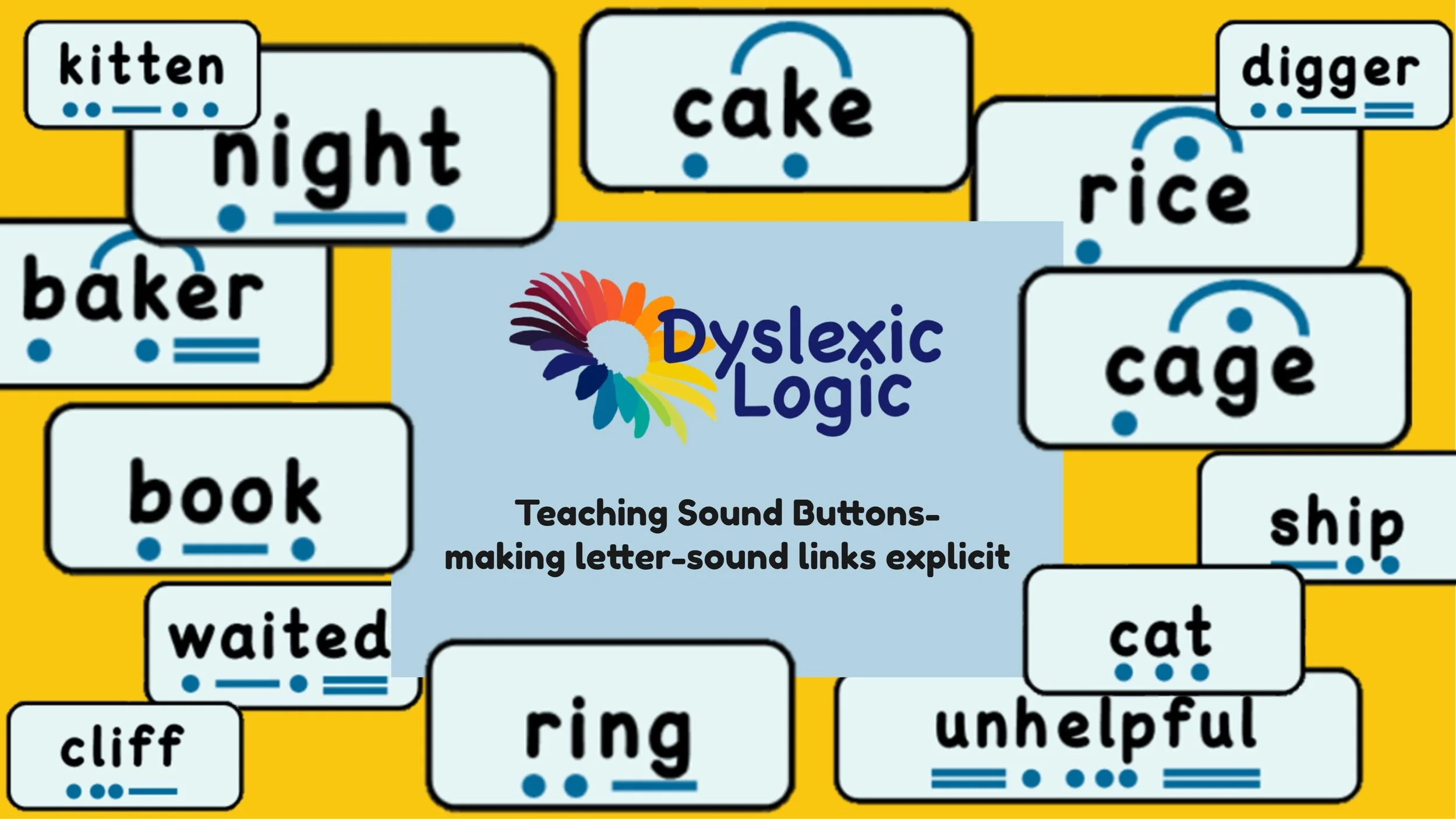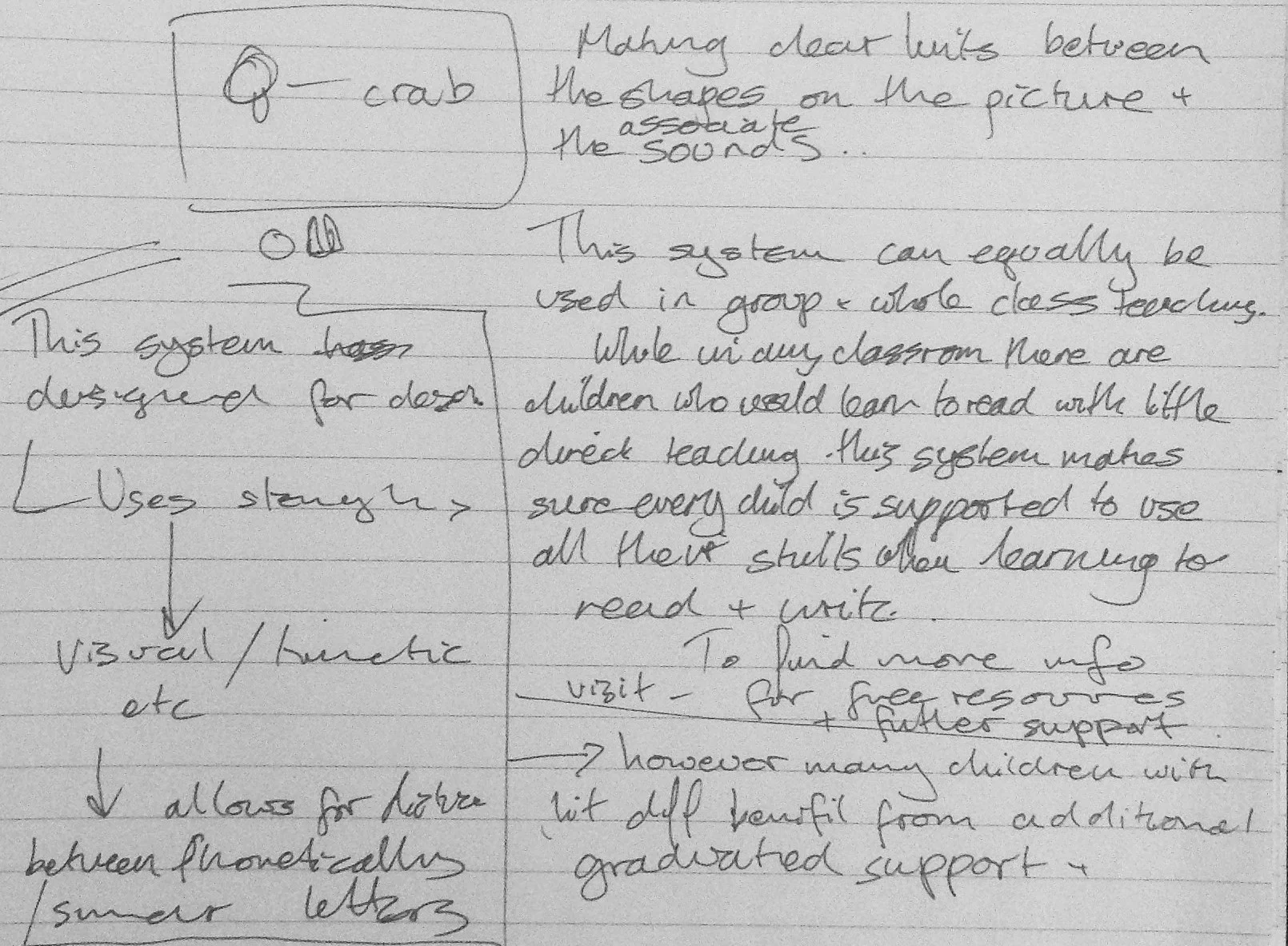When Bad Handwriting is a Sign of Hard Work
/extract from the literacy support programme Part 1
BAD HANDWRITING CAN BE A SIGN OF HARD WORK - I wrote this in my book, but feel it is actually SO important I would like to share it more widely. It is something we get wrong time and time again. In forcing children to focus on their handwriting, spelling and punctuation we limit their ability to think and crush their creativity, the very things that are most likely to help them as adults with dyslexia.
This is not to say that there is never a need to focus on handwriting, punctuation and spelling. Of course there is. But it is easy to underestimate just how great an impact higher order thinking can have on the presentation skills of someone with dyslexia. So I am going to use myself as an example.
This is my Turkish homework, which i knew would be seen by other students.
This is my handwriting when I'm writing private notes
Read it before you judge it
As an adult who has spent 20 years in education this is the difference between my writing for 'public' and 'private' view. It shows how little is automatic for me. Letter formation, spelling and punctuation all go to pieces when I shift my focus on to the content of what I write.
Yet teachers and parents would probably consider the top piece of work 'better'. Even children tend to judge their own success on how their work looks, but get so caught up in what they are writing that when they finally sit back they are horrified by the state of their own work.
If you have a poor working memory, as many of us do, you have to capture those ideas fast. When children with dyslexia are really thinking hard those 'automatic' skills (which are never fully automated for us) suffer. Understanding and appreciating this difference is key to supporting children with dyslexia.
It is hard as a teacher or parent to put content first. We tend to respond instinctively to what we are presented with. But take time, look at the content, and then judge whether the child is lazy or sloppy. The handwriting can't tell you that.



